Britain & Ireland
Women and social history can be overlooked themes in periods where records tended to focus on money, religion and Kings. While those latter themes are covered in this section so are features on individual women, their relationships with power and how they were able to influence politics and the people around them. Social history is also addressed through the stories of Hermits, soldiers, tax records and revolting peasantry with nobles. Read more
Sort by:
Date (Newest first) | Title A-Z
Show:
All |
Articles |
Podcasts |
Multipage Articles
-
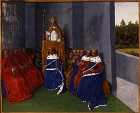
Podcast Series: The Crusades
Multipage ArticleClick to view -

Podcast Series: William I to Henry VII
Multipage ArticleClick to view -

St Peter’s-ad-murum, Bradwell-juxta-Mare
ArticleClick to view -

Podcast Series: Medieval Wales
Multipage ArticleClick to view -

Podcast Series: The Vikings
Multipage ArticleClick to view -
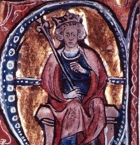
Saxons, Normans and Victorians
ArticleClick to view -

Welsh archers at Agincourt: myth and reality
ArticleClick to view -

Podcast Series: The Hundred Years War
Multipage ArticleClick to view -
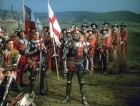
Henry V in the cinema
ArticleClick to view -
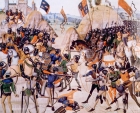
On the campaign trail: walking the Hundred Years War
ArticleClick to view -

The archer's stake and the battle of Agincourt
ArticleClick to view -
Agincourt 1415-2015
ArticleClick to view -
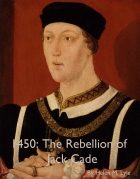
1450: The Rebellion of Jack Cade
ArticleClick to view -
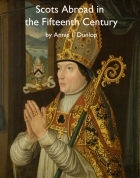
Scots Abroad in the Fifteenth Century
ArticleClick to view -
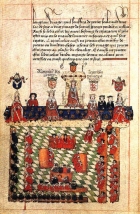
Magna Carta and the Origins of Parliament
ArticleClick to view -

Magna Carta: oblivion and revival
ArticleClick to view -
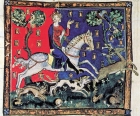
The making of Magna Carta
ArticleClick to view -
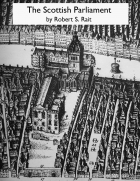
The Scottish Parliament by Robert S. Rait
ArticleClick to view -
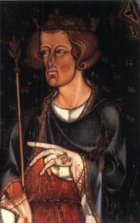
Foreigners in England in the later Middle Ages
ArticleClick to view -
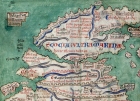
Podcast Series: Medieval Scotland
Multipage ArticleClick to view

